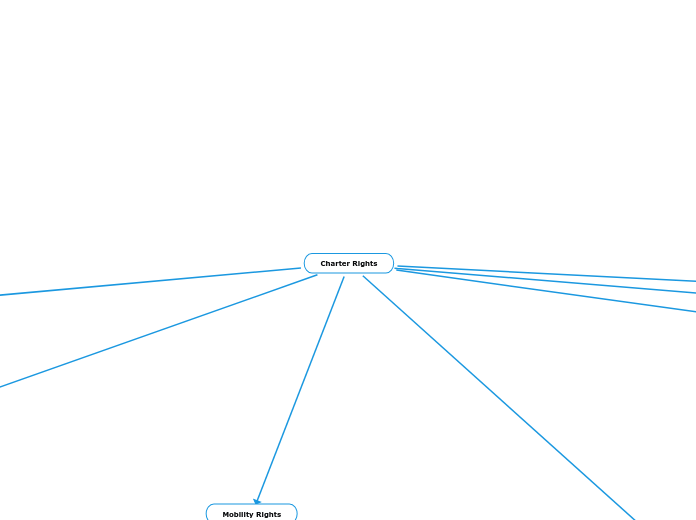av Omar Ahmed - Rick Hansen SS (2542) för 4 årar sedan
216
Charter Rights, Question 2 - Omar Ahmed

av Omar Ahmed - Rick Hansen SS (2542) för 4 årar sedan
216

Mer av detta
If one is offered employment in another province, they may leave their province and live in said province
If one wants to leave the province and live in another province, they may